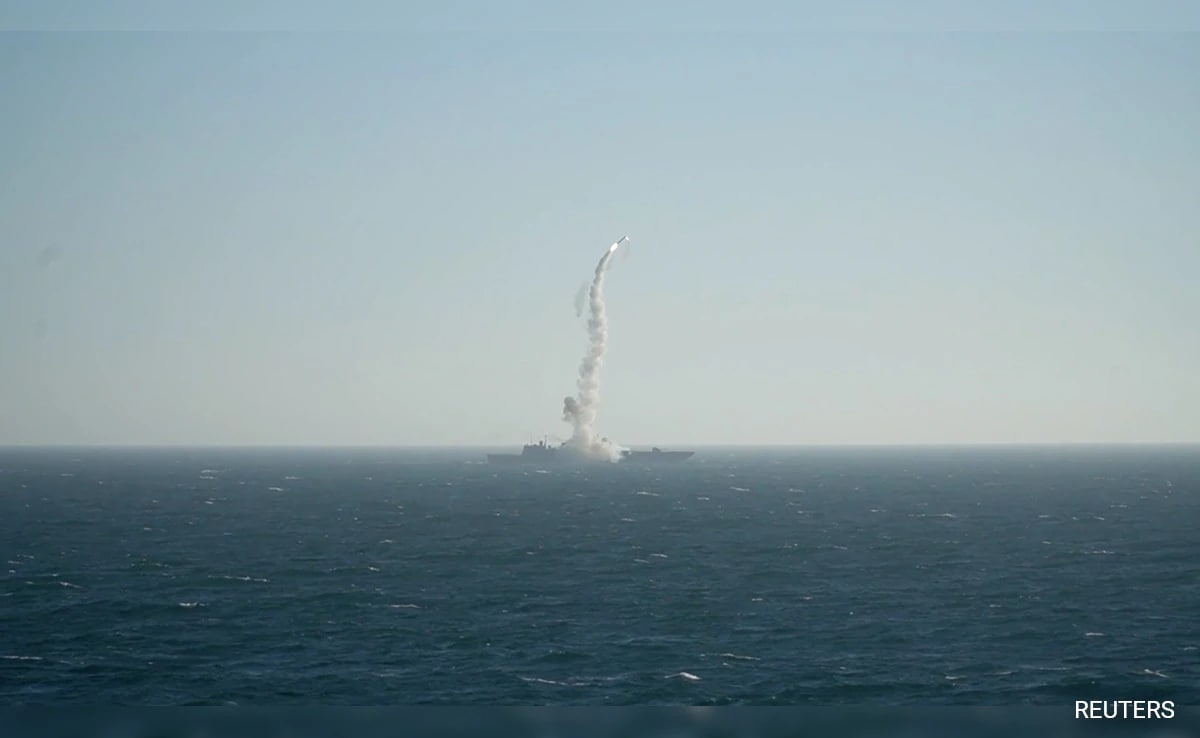The turmoil has been amplified after Prime Minister Abdalla Hamdok stepped down earlier this month. Hamdok resigned after his efforts to bridge the gap between the generals and the country’s pro-democracy movement failed.
Monday’s deaths bring to at least 67 the number of people killed in near-daily demonstrations in the capital of Khartoum and other cities and towns in Sudan.
Footage circulating online shows protesters, mostly young people, marching in the streets of Khartoum and its twin city of Omdurman. There were also protests in Port Sudan, Wad Madani Obaid and the western Darfur region.
“I’m here today to resist the military coup,” said protester Hamed al-Ser. “We hope our free revolution reaches the democratic civilian path.”
Activist Nazim Sirag said three protesters were killed when security forces opened fire to break up a march in Khartoum. He said several others were wounded by gunshots.
The Sudan Doctors Committee, which is part of the pro-democracy movement, also reported the deaths and said dozens of others were wounded Monday in Khartoum.
The fatalities will likely further complicate U.N. efforts to find a way out of the ongoing crisis. The U.N. mission in Sudan started holding separate consultations earlier this month with various Sudanese groups, including the military, to “prepare the ground for a process capable of securing agreement ... on the way forward for the democratic transition in Sudan.”
The United Nations and Western governments have widely condemned the crackdown on protesters, and called for those responsible be held accountable.
The demonstrations are called by the Sudanese Professionals Association and the Resistance Committees, which were the backbone of the uprising against al-Bashir. The two groups reject negotiations with the military, insisting it hand over power to a fully civilian government to lead the transition.
The generals, meanwhile, reject the protesters’ demands, saying that power will be handed over only to an elected government.
.png)











 English (United States) ·
English (United States) ·  Turkish (Turkey) ·
Turkish (Turkey) ·